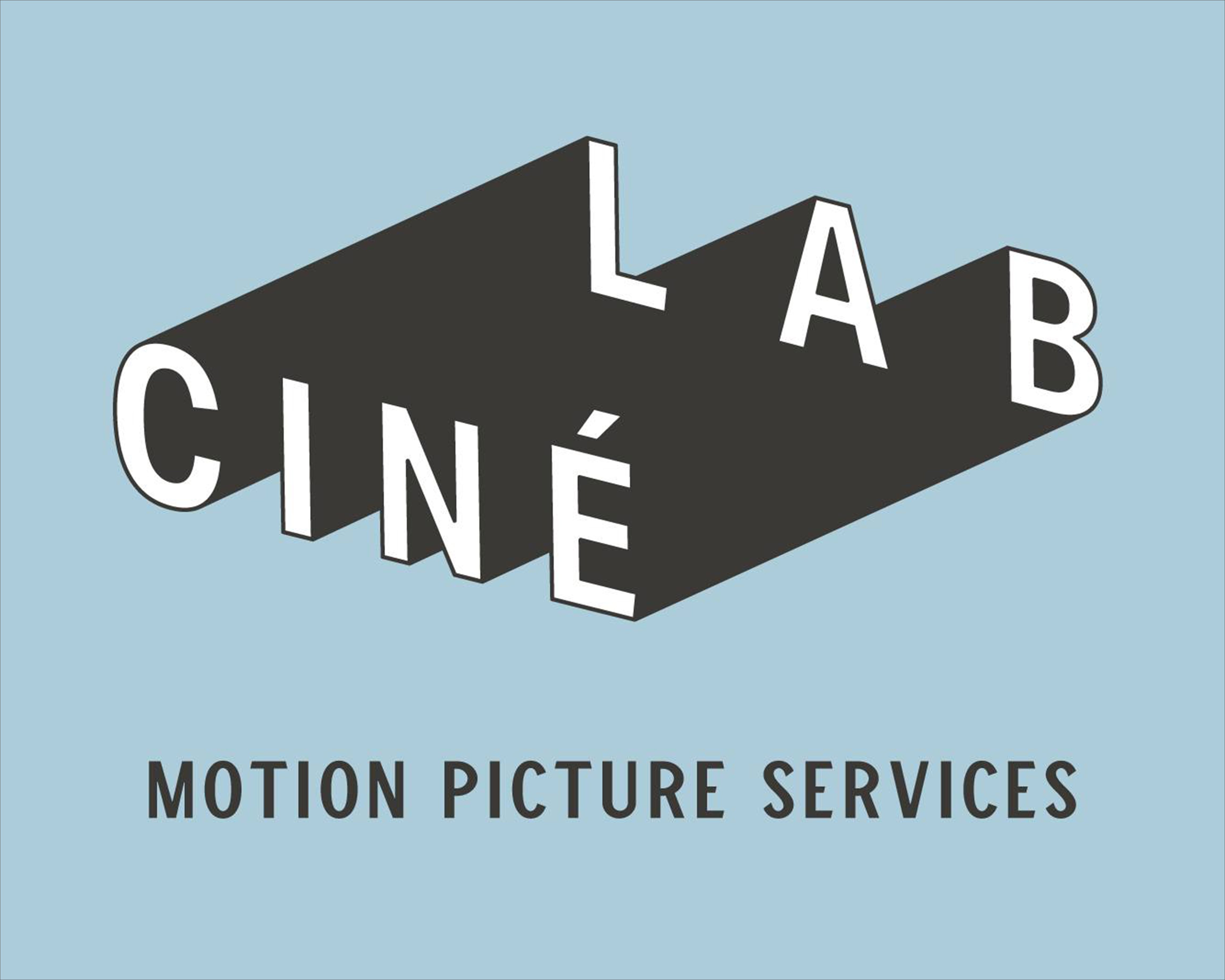Hi Derek,
Thanks for your reply. I think I have a better idea now of what you were saying in your posts. I'm not trying to say that a particular approach or writing habit is good or bad or better. Although my opinion is that outlines can become limiting when used only as guidelines rather than as a "blueprint," I'm not saying that blueprint can never be revised.
DerekEastham said:
Outlines are great... but they should be used in the same manner as the "rules" for writing a screenplay... with the exception of format, it's all just guidelines.
What are the rules for writing a screenplay?
I would like to know specifically what they all are but whatever they are, the rules and guidelines for writing a screenplay are completely different from a person's own blueprint for building, creating, and managing their story.
Then again, I could have been taking your words too literally, and I apologize for that.
I guess the reason why I responded in my previous posts the way that I did is because your posts reminded me of something completely off the subject, and if this post begins to get even more boring, feel free to click out. :lol: During my early teens, I often got discouraged from writing because I thought that if my writing wasn't spontaneous or so-called "inspired" by whatever muses, it wouldn't be any good. In a way, I thought that writer's block wasn't my doing and that writer's block happened because the writing muses didn't like me. :roll: I was too into the "mystical" part of it, but there's nothing mystical about creative writing. And their's nothing mystical about art. Art is artificial, and all writing is formula, and it can be appreciated. When I said that I don't believe that a person can write a complete story without using an outline, I meant it. If there wasn't a hard copy outline, there had to be some kind of mental outline whether that person realizes it or not. And sometimes when we get writer's block, it's because we don't like that outline in our heads, and we have to sometimes forget that it's there, but it's there.
jodymichelle said:
I think I know what you mean by letting the story end itself, but what about the climax and crucial scene?
After reading your explanation, I see that I didn't know what you meant by that actually. I think I read an article about ten years ago by a famous writer in Writer's Digest, and he or she discussed "letting the story write itself" and "letting the story end itself." What that person meant (and what I can better understand) is ... that just means to "let go." When you're having a blockage, and when you're having trouble with, for instance, creating an ending for your story, just let go, it's not that serious, let loose, chill out and have fun

But the story can't write itself or end itself, that's the writer's job.
DerekEastham said:
As for the "let the story end itself" comment... what I mean by that is if you can find a natural ending to the story... a point when you no longer have more story to tell... then the ending wont seem forced, or fake, or weird... it'll just be "the end."
But it's not necessarily as simple as that. Art is artificial, and it requires manipulating elements and format to get a reaction from your audience.
Anyhoo, enough of my boring chat. See you in the threads






